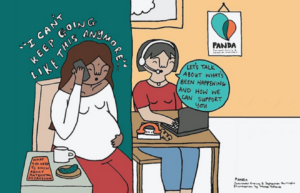Becoming a good enough parent
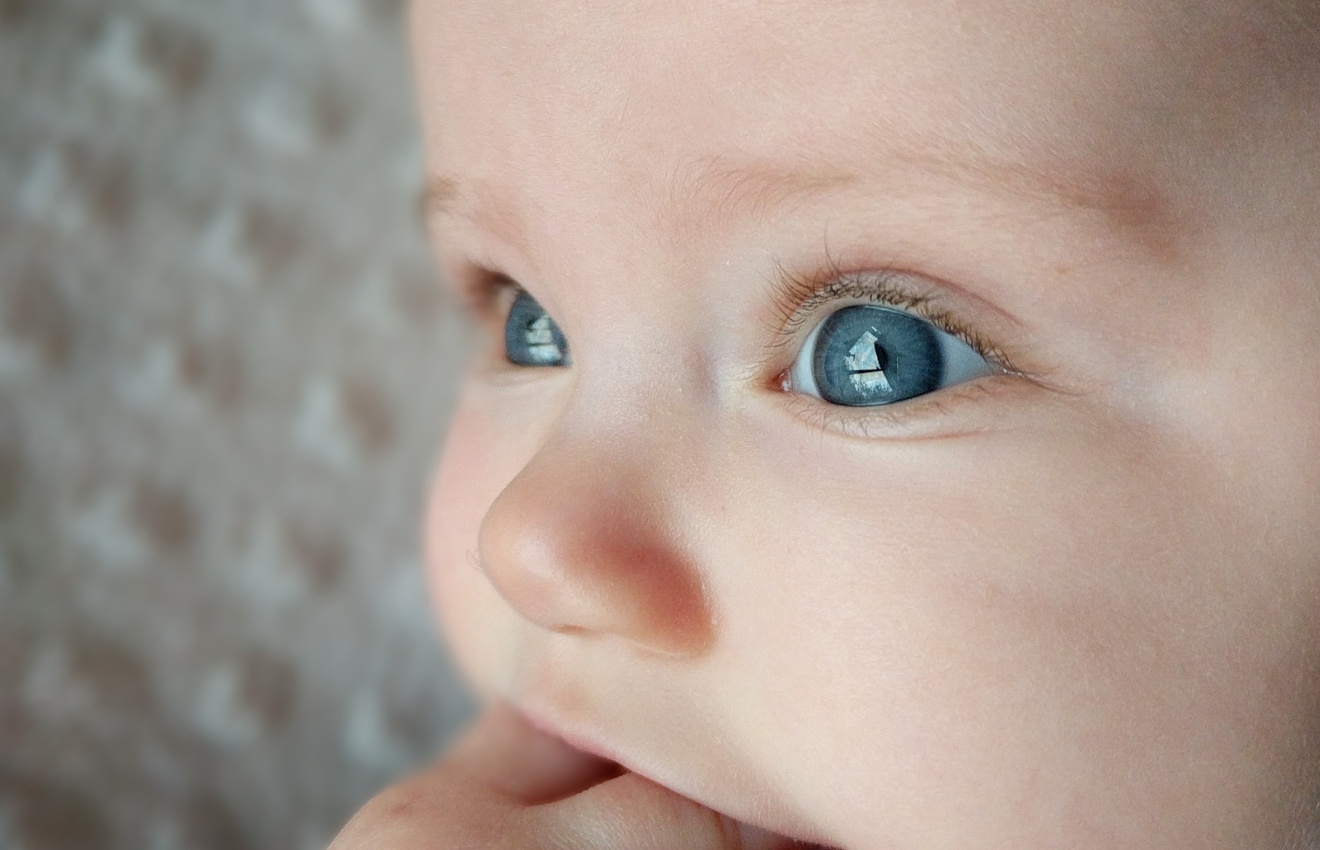
“She deserves a better mother than me.” I probably had this thought more than any other during the first year of my daughter’s life. If I struggled to get her little wriggly arm into her onesie, it was because I was a bad mother. If she leaked through her nappy, it was because I hadn’t put it on right. Every attempt at breastfeeding filled me with anxiety, frustration and pain. I wasn’t getting this parenting thing, and I felt as though I never would. If parents are a lottery, my little girl had lost. Big time.
It is expected that new parents will feel a little adrift after their child is born. Birth parents especially. They warn you about it in your antenatal classes. In amongst the talk of tearing your genitals, the different consistencies of baby poo, and where to find the hospital car park, you hear about a thing called the ‘baby blues’.
It’s very common for a birth parent to feel a bit teary, overwhelmed or anxious around 3 – 5 days after giving birth. I felt this, quite profoundly.
But mine didn’t go away.
One of the hardest parts during this time was not knowing what was normal, either in my daughter’s behaviour, or in my own. I became anxious whenever I held her, her cries shot through me like electricity and I avoided being alone with her whenever I could. Each day as the sun set, I was filled with a sense of dread. But wasn’t that normal? Isn’t it supposed to be hard? My partner and I joked about how they just give your babies over to you at hospital. “They let you go home with them!” we kept saying. There must have been some kind of mistake.
I have a history of anxiety and depression, so I knew that I wasn’t doing great mentally. But I don’t think I fully appreciated how not-great I actually was. I am lucky to have an incredibly supportive partner who is finely tuned-in to me and my needs. Through his own bleary-eyed haze of new fatherhood, he could see that I was coping less and less as the days went on.
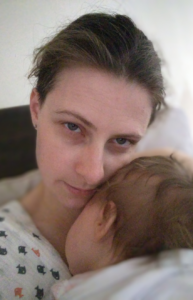
I was also fortunate to have an equally switched-on Maternal Child Health Nurse come and do our home visits in the first few weeks. She was patient and kind and waited until she and I were alone before gently asking me how I was coping. In what had become a regular occurrence at this point, I responded with silent, uncontrollable tears. She was the first of many health professionals who have guided me through my recovery. I sincerely believe that each one of them, in their own way, helped to save my life.
It took me a few more weeks to build up the courage to call PANDA–Perinatal Anxiety and Depression Australia–on their National Helpline that exists to help expecting or new parents like me. That call set in motion a series of supports that have held me as I’ve crawled my way out of the lowest points of my life, and to a place where I feel more at peace with my emotions than I ever have before.
Multiple GP visits, a psychiatrist, a psychologist, daily medication, and a group therapy series later, and I feel like a good enough mum. Sometimes even a great mum.
I was fortunate to receive high levels of care throughout the navigation of my illness. But this is not the reality for many new parents out there, as mental health support in Australia is not equally accessible. Measures introduced during the pandemic, such as the federal government’s increase from 10 Medicare-subsidised psychology sessions per year to 20, have helped. But they are not enough. If you need more than this, as many do, you have to pay. The increase in the need for these services throughout the pandemic has also meant that many therapists’ books are closed. People are waiting weeks and even months for support that is needed today. The wait can be much longer for those who live outside of metropolitan areas, have other illnesses or are disabled.
Despite these challenges, services such as PANDA help struggling parents to cut through the noise and identify what help is actually available in our overburdened system. This can be life saving.
I have learnt a number of things during my matrescence (meaning the process of becoming a mother–one of the things I learnt!).
I learnt that giving birth to a new identity can be as demanding as giving birth to a baby.
That around 1 in 5 new mums and 1 in 10 new dads experience postnatal depression. So even in the moments when I felt completely, utterly, devastatingly alone, I wasn’t.
That sharing honestly with other parents is next-level cathartic, and that having family and friends who could listen and hold my hand during my lowest moments was immeasurably helpful. They let me know that I was loved when I was unable to find any love for myself. They also held my daughter–a lot.
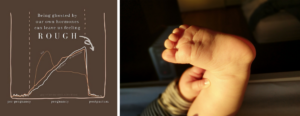
I have learnt that little people don’t follow a manual. That sleep comes when they are ready, and late night cuddles are some of the sweetest ones you can have. That you’re not a failure if your family doesn’t look like other families, or your child doesn’t do things like other children.
That being there with them is enough. That respecting them is enough. That the thing they want and need the most is you, their parent. That you are enough.
Asking for help is hard. But it is worth it. I am a better person for having done it. I am more in touch with myself, and a more present parent for my daughter. I can model for her what it looks like to be a real, flawed, emotional human being with healthy coping mechanisms and significant inner strength. My recovery is ongoing, but I am in such a better place now. If you need to ask for help, do it. Because even if you feel completely, utterly, devastatingly alone, you are not.
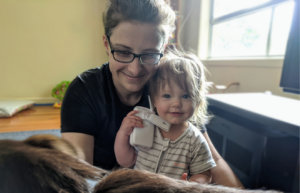
Since 2005 PANDA has been leading the perinatal mental health sector in promoting the week to help our community better understand perinatal mental illness, including signs to look for and where to go to seek support.
If you’re struggling with becoming a parent, call PANDA’s National Perinatal Mental Health Helpline on 1300 726 306 9am – 7.30pm Mon – Fri (AEST/AEDT) or visit panda.org.au.
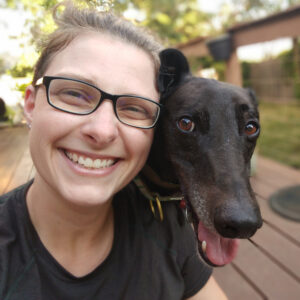
Rachael is a Communications Officer at the Victorian Women’s Trust. Her work in the advertising industry, combined with her study of development, and experiences creating short films abroad have exposed her to a range of unique perspectives and ideas.
Outside of work, you’ll likely find Rachael curled up in a cinema somewhere, dancing along to the Wiggles with her kid, or taking her dog for a walk through the bush.
Read Next
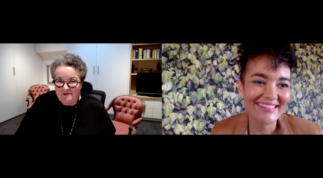
Feminist Fridays live with Yumi Stynes + Prof. Jane Fisher
BlogFeminist Fridays are fortnightly conversations between two feminists, broadcast live on the Trust Facebook page.
Read more